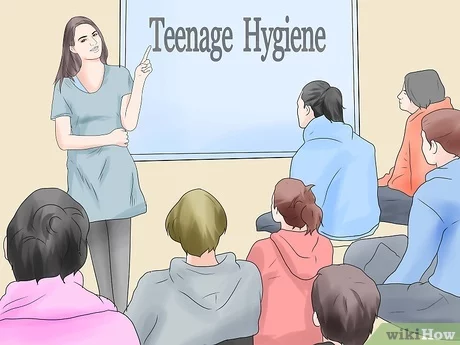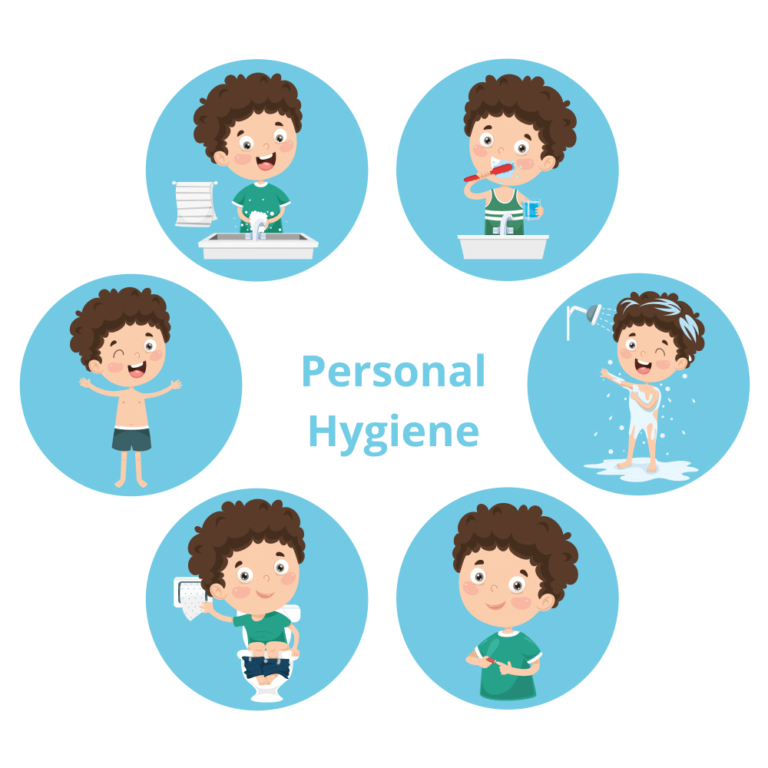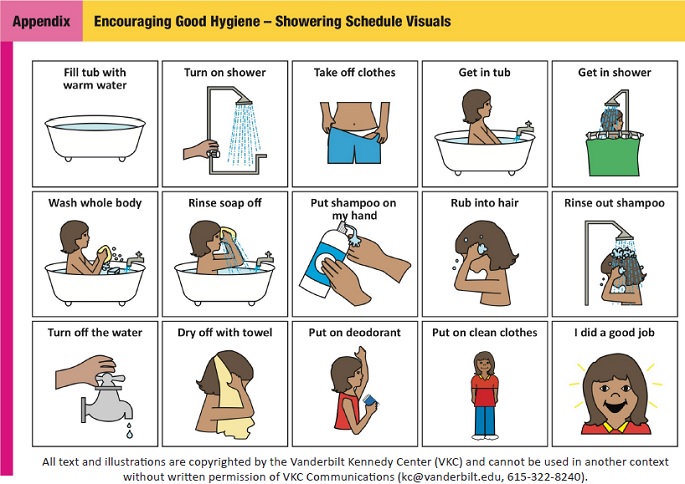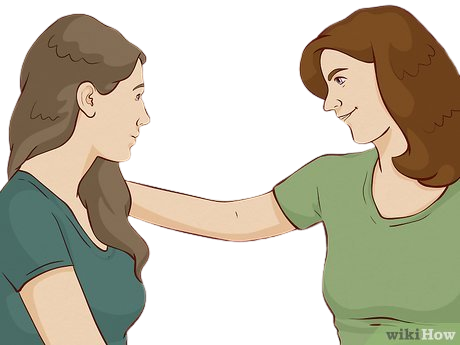

Keeping clean is an important part of staying healthy. For
example, the simple act of washing hands before eating and after
using the toilet is a proven and effective way of fighting off
germs and avoiding sickness.
Being clean is also an important part of confidence for
teenagers.
If your child’s body and breath smell OK, their clothes are clean,
and they're on top of their basic personal hygiene, it can help
your
child feel comfortable with other people.
Learning the importance of personal hygiene for teens is essential
to help them maintain good health. Personal hygiene is a set of
practices used to keep one’s body clean, promote good health, and
avoid disease
(1). Children pay attention to basic personal
hygiene routines until late childhood, such as coughing while
covering their mouths and washing hands after meals.
However, when they enter adolescence, this list expands to
include
certain new habits critical to the teen’s health and well-being.
You
may assist your teen in developing a good personal hygiene regimen
as a parent. This post discusses the importance of teenagers
maintaining personal hygiene, how they can do so, parents’ role in
this endeavor.

Personal hygiene is a dynamic term that encompasses several types of self-hygiene practices such as bathing, washing hands, brushing teeth, etc. Following are the various categories of good hygiene habits

The following are some of the common causes for teens to face personal hygiene issues.

You may take the following steps to talk to a teen about personal hygiene.
